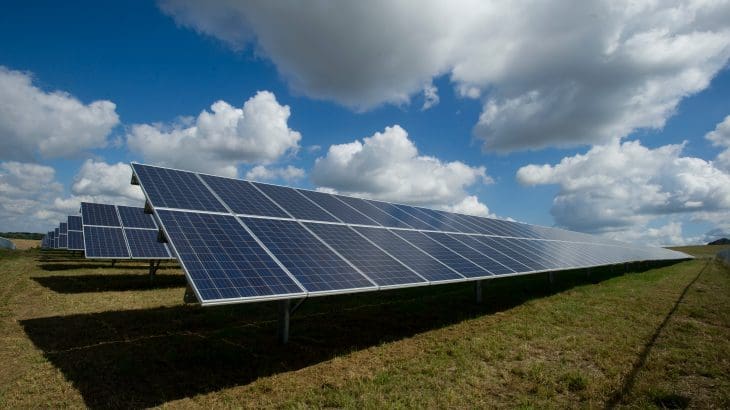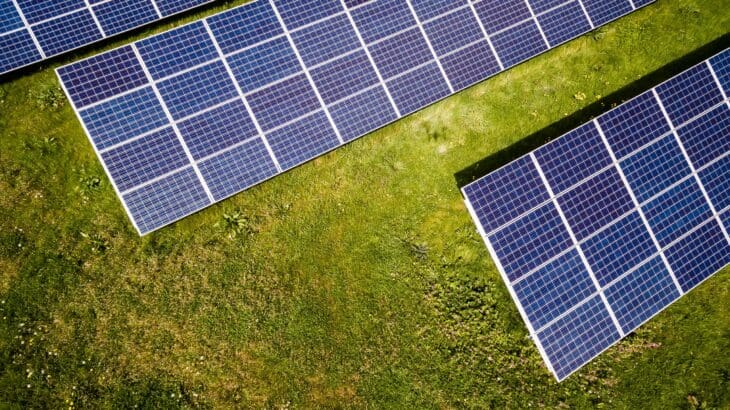We invite you to join New Energy Events, the organizers of the Caribbean Renewable Energy Forum (CREF), as we continue our webinar series with a discussion on the implications of COP21 and the Paris Agreement on the Caribbean.
COP21 and the Paris Agreement: Implications for the Caribbean
Thursday, February 4th, 10:00 – 11:30 am
Confirmed Speakers:
• Amal-Lee Amin, Division Chief, Infrastructure and Environment Sector, Climate Change and Sustainability Division, Inter-American Development Bank (IDB)
• Jerry C. Butler, Executive Director (Alternate), Caribbean Inter-American Development Bank (IDB)
• Stephen O’Malley, UN Resident Coordinator, UNDP Resident Representative
• Lisa Viscidi, Director of the Energy, Climate Change and Extractive Industries Program, Inter-American Dialogue (Moderator)
REGISTER NOW. Please note there is no registration fee but as we have a very limited number of places available in the webinar, so we encourage you to register at your earliest convenience.
Last year’s much-hyped talks in Paris ultimately saw the adoption of landmark commitments by the global community to keep global temperature increases below 2 degrees Celsius pre-industrial levels.
Under the auspices of CARICOM, many Caribbean states banded together during the negotiations to acknowledge the severity of current impacts of climate change on the region and the need to mitigate and stem future damage. In 2015 alone, Grenada saw a 300% loss of GDP as the result of one storm and Dominica had to delay drilling on a key geothermal well for the same reason.
While the adoption of the Paris Agreement at the 21st annual United Nations Framework Convention on Climate Change is a potential game-changer, is it enough to make a difference for the low-lying, small-island states that advocated for “1.5 to stay alive”? Over the course of the webinar, panelists will discuss the following:
• What measures will small-island states need to take to adapt to the inevitable impacts of rising sea levels and increased storm severity? Do they have the capacity – capital and human resources – to implement these measures?
• Are regional and international development organizations coordinated and constructively engaged? What new resources will be available to the Caribbean out of COP21 and the Paris Agreement?
• What Nationally Determined Contributions (NDCs) to reducing emissions did Caribbean states commit to and how will renewable energy play into attaining these targets?
• What mechanisms/tools – e.g. financing, regulatory, policy – will be most useful to achieving NDCs over the next five years?
We look forward to welcoming you to the webinar and to what should be a dynamic conversation around one of the most critical issues facing the region today.



